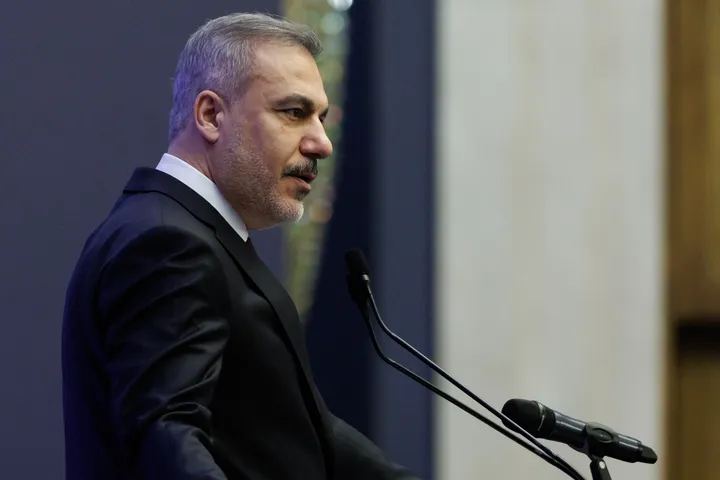Facebook Inc has agreed to appoint a formal representative in Turkey in compliance with a new social media law.
In a statement on Monday, the Silicon Valley-based social media giant said it would be assigning a legal entity in the country in a bid to comply with legislation enacted last year.
The law allows authorities to remove content from platforms, rather than blocking access as they did in the past.
"While taking this decision, we would like to underline the importance of our platform as a place where users can exercise their right to freedom of expression," it added.
Turkey announced that companies that do not follow the law will ultimately have their bandwidth slashed by 90 percent.
READ MORE: Turkish parliament passes social media bill
Law violations
Last year, Turkey imposed a fine of $5.43 million each on multiple social media platforms, including Facebook, Twitter and YouTube, for not complying with its social media law.
Law number 7253, which came into effect on October 1, 2020, requires platforms that are accessed over a million times per day in Turkey to appoint local representatives.
The law includes other penalties as well, including a ban on advertising on the platforms.
Facebook's latest decision comes a day before the ad ban would have been imposed.
READ MORE: TikTok to appoint representative in Turkey as social media law requires
Role of the representatives
As part of the legislation, social media firms must respond to requests by the Turkish government in the Turkish language and must answer requests concerning personal and privacy rights within 48 hours.
The platforms should also publish semi-annual reports on their response rates to such requests.
Social networks that do not comply with court orders to remove illegal content will be subjected to penalties, according to the law.
In addition, it also holds social media companies to take measures to host Turkey-based users' data in-country.
So far, Russian social media site VKontakte (VK), YouTube, TikTok, DailyMotion, LinkedIn and Instagram have decided to assign local offices in the country.
READ MORE: Erdogan: Turkey won’t yield to pressure from social media giants
Eyes on Twitter
"We expect similar and good news from Twitter and other networks that do not currently have representatives in Turkey," Deputy Minister of Transport and Infrastructure, Omer Fatih Sayan said.
Sayan stressed that the platform representatives will act as interlocutors for issues such as cyberbullying and personal rights violations to the over 30 million users in Turkey.
In response to claims that the advertising ban imposed by the law was an "intervention to freedom," Sayan said the primary purpose of the action was to protect citizens' freedom of application and response.
Echoing the words of Turkish President Recep Tayyip Erdogan, Sayan said "those who hold the data can establish their own digital dictatorship, ignoring democracy, law, and all kinds of rights and freedoms. This is a threat that none of us can ignore.'"
Sayan added, "We will continue to rise with our own wings, protect our cyber homeland and digital borders."
Twitter said in a report this month that Turkey, which has historically been responsible for the highest number of content removal requests, ranked fourth in the first half of last year, accounting for 10 percent of all global legal demands.
READ MORE: How reliable is Twitter?
























